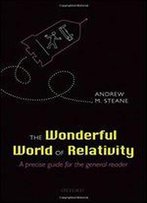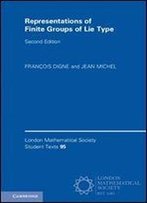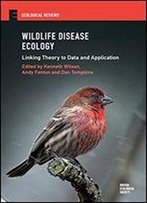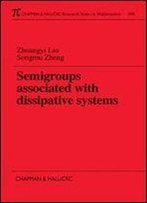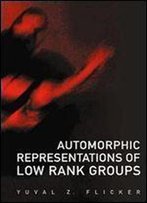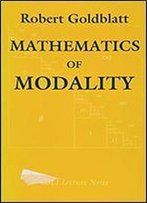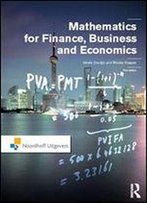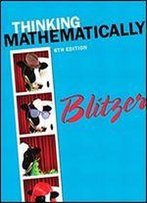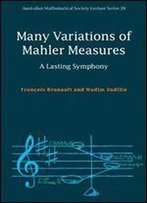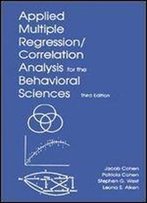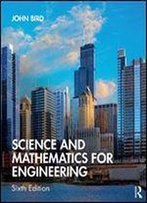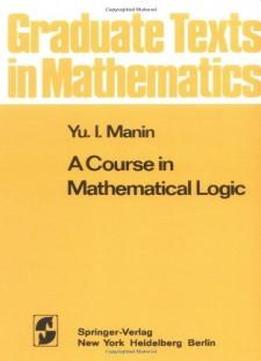
A Course In Mathematical Logic (graduate Texts In Mathematics)
by Yu.I. Manin /
1977 / English / DjVu
4.4 MB Download
This book is a text of mathematical logic on a sophisticated level,
presenting the reader with several of the most significant
discoveries of the last 10 to 15 years, including the independence
of the continuum hypothesis, the Diophantine nature of enumerable
sets and the impossibility of finding an algorithmic solution for
certain problems. The book contains the first textbook presentation
of Matijasevic's result. The central notions are provability and
computability; the emphasis of the presentation is on aspects of
the theory which are of interest to the working mathematician. Many
of the approaches and topics covered are not standard parts of
logic courses; they include a discussion of the logic of quantum
mechanics, Goedel's constructible sets as a sub-class of von
Neumann's universe, the Kolmogorov theory of complexity. Feferman's
theorem on Goedel formulas as axioms and Highman's theorem on
groups defined by enumerable sets of generators and relations. A
number of informal digressions concerned with psychology,
linguistics, and common sense logic should interest students of the
philosophy of science or the humanities.
This book is a text of mathematical logic on a sophisticated level,
presenting the reader with several of the most significant
discoveries of the last 10 to 15 years, including the independence
of the continuum hypothesis, the Diophantine nature of enumerable
sets and the impossibility of finding an algorithmic solution for
certain problems. The book contains the first textbook presentation
of Matijasevic's result. The central notions are provability and
computability; the emphasis of the presentation is on aspects of
the theory which are of interest to the working mathematician. Many
of the approaches and topics covered are not standard parts of
logic courses; they include a discussion of the logic of quantum
mechanics, Goedel's constructible sets as a sub-class of von
Neumann's universe, the Kolmogorov theory of complexity. Feferman's
theorem on Goedel formulas as axioms and Highman's theorem on
groups defined by enumerable sets of generators and relations. A
number of informal digressions concerned with psychology,
linguistics, and common sense logic should interest students of the
philosophy of science or the humanities.
